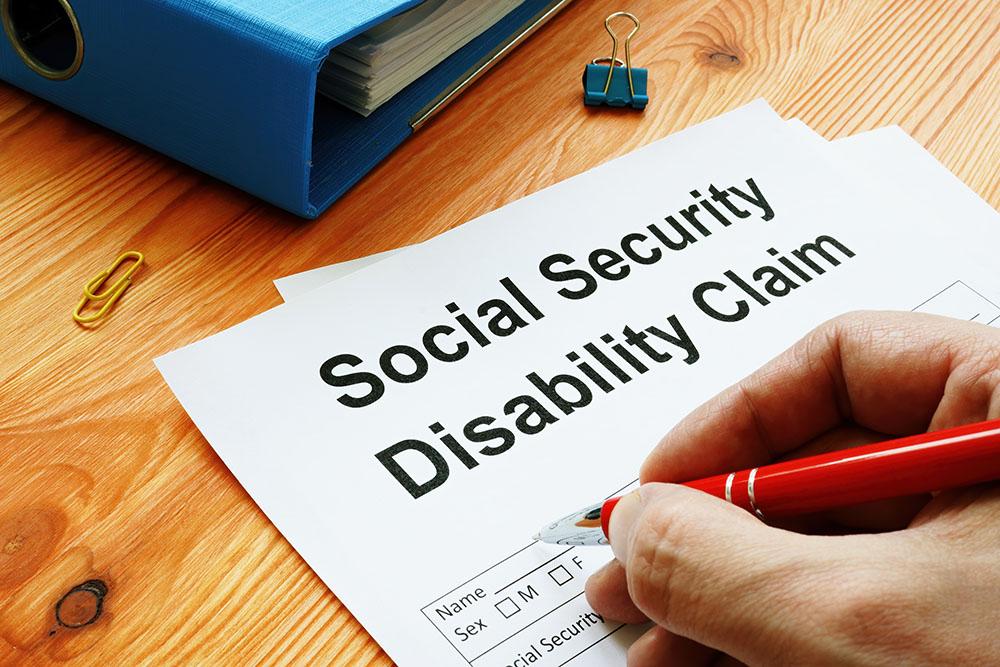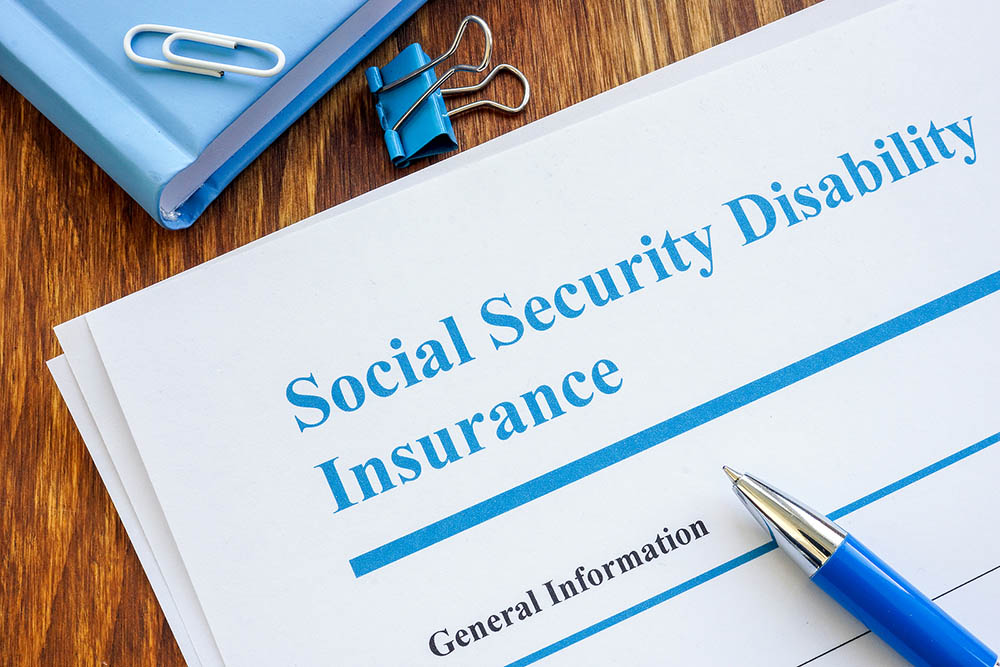Stevens-Johnson Syndrome, often referred to simply as SJS, can be a serious condition that affects the skin and mucous membranes. This disorder is rare but can be life-threatening. It typically starts with flu-like symptoms, followed by a painful red or purplish rash that spreads and blisters. Understanding and recognizing the triggers of SJS is key to preventing its severe reactions. Knowing what causes these reactions allows individuals and families to avoid them and seek timely medical advice if necessary.
Recognizing the potential triggers is a vital first step in managing SJS. While some situations are unavoidable, being conscious of what can set off this condition aids in minimizing risks. It’s similar to knowing which foods might trigger a peanut allergy. Knowing what to steer clear of might just prevent a severe response. So, let’s explore some common causes and learn how to protect ourselves better.
Common Medication Triggers
One of the frequent culprits of SJS is certain medications. People who are susceptible to SJS often experience reactions after taking specific prescription drugs. These may include:
– Pain relievers and anti-inflammatory medications, such as NSAIDs
– Antibiotics, like penicillin
– Anticonvulsants or medications used to treat seizures
These drugs sometimes trigger SJS by prompting an immune response that mistakenly attacks the body’s tissues. It’s essential for individuals to be aware of these medications, especially if they or their family members have experienced adverse reactions in the past. Always consulting with a healthcare provider before starting any new medication can be a crucial step in preventing SJS.
Infections as Triggers
Infections can also set off SJS, making it crucial to recognize when they might be a contributing factor. Common infectious triggers include viral infections like pneumonia or upper respiratory infections. When the body’s immune system fights these infections, sometimes the reaction extends beyond the invaders, affecting the body’s own cells. This mistaken response can lead to the onset of SJS symptoms.
Understanding these kinds of triggers helps in being prepared and proactive. Early intervention and communication with healthcare providers at the first sign of a virus could significantly reduce the risk of developing SJS. Being equipped with this knowledge might just be the preventive measure needed to safeguard against this misunderstood condition.
Genetic Factors
Genetics play a significant role in an individual’s susceptibility to Stevens-Johnson Syndrome. Some people have genetically determined predispositions that make them more likely to develop SJS. Specific gene variations, such as those found in certain HLA genes, have been associated with an increased risk of this condition. If SJS or similar conditions have been present in your family’s medical history, it’s wise to discuss this with your healthcare provider. Knowing your genetic risks can guide careful monitoring of any medications and infections that could trigger SJS.
Family history can be a valuable tool in the early identification of these risks. By understanding the genetic factors involved, individuals can be more vigilant about the medications they take and infections they encounter. Educating family members about these risks might help in making informed health decisions, potentially sparing them from distressing situations.
Environmental and Lifestyle Triggers
Environmental factors and certain lifestyle choices can also set off SJS in individuals who are already at risk. For instance, exposure to certain chemicals or prolonged sun exposure can escalate symptoms in some cases. Stress and fatigue can weaken the immune system, possibly contributing to the onset of SJS if combined with other triggers. Being aware of these factors and how they potentially interact with your body is vital in managing your health.
Consider this list of potential environmental and lifestyle triggers:
– Harsh chemicals, especially in industrial or cleaning products
– Sun exposure, particularly during peak sunlight hours
– Physical or mental stress that affects overall well-being
Being proactive about health means identifying and minimizing these risks wherever possible. Simple steps, like using a broad-spectrum sunscreen, maintaining a balanced diet, and managing stress through relaxation techniques, can make a substantial difference in reducing the chance of an outbreak.
Actions to Take When Exposed to Triggers
If you suspect you’ve been exposed to a known SJS trigger, acting quickly can help prevent serious complications. First, discontinue the suspected medication and seek medical attention right away. This quick response ensures the best possible outcome and minimizes potential complications. Your healthcare provider might recommend alternative treatments that better suit your health profile without risking an SJS reaction.
Here’s a practical approach when you think you’re exposed to triggers:
1. Stop taking the suspected medicinal trigger immediately, if possible.
2. Consult your healthcare provider to determine the cause of the reaction.
3. Visit an emergency room if symptoms escalate rapidly.
4. Inform medical professionals about your SJS concerns, allowing them to tailor treatment appropriately.
Taking these actions seriously can prevent life-threatening complications, helping maintain safety and well-being.
A Clear Path Forward
Navigating SJS might seem overwhelming, but recognition of its triggers and knowing how to respond can significantly bolster health management efforts. Understanding medications, infections, genetic factors, and lifestyle choices empowers you to make informed decisions. This strategy moves your focus from fear to proactive planning, all while avoiding potentially hazardous situations.
Staying informed builds a foundation that fosters confidence in managing this complex condition. Arm yourself with the knowledge needed to take control of your health today, while also collaborating with healthcare professionals who understand Stevens-Johnson Syndrome. This combination of awareness and expert guidance keeps you one step ahead in safeguarding your wellness.
If you have been affected by SJS Medication Causes, understanding your legal options is essential. The experienced team at Greg Jones Law, P.A. is dedicated to helping individuals navigate the complexities of Stevens-Johnson Syndrome cases. Learn how they can assist you in seeking justice and obtaining the proper care you deserve.




